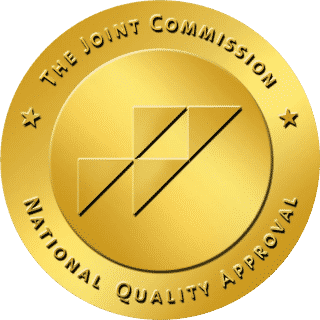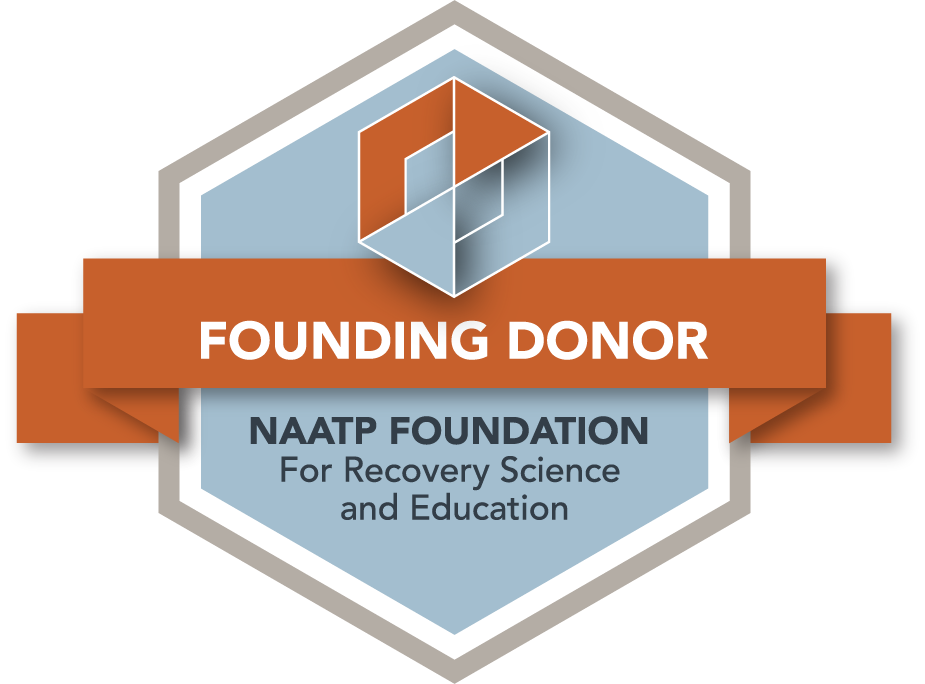A life program helps people improve relationships, careers, and day-to-day lives. It is directed by a life coach who helps their client clarify goals, identify obstacles, and devise strategies for overcoming obstacles.
These strategies target the client’s unique skills and gifts, and the life program coach helps the client make the most of these strengths to achieve long-lasting change.
Life program sessions typically take place on a regular basis over a prolonged period. Life coaches work to ensure that clients complete what is necessary to accomplish each goal.
La Hacienda Life Program Approach

This article is about life programs from a coaching perspective. La Hacienda Treatment Center offers drug and alcohol recovery services, including professional medical care for physical health issues and licensed counseling and psychological advisement for mental health concerns.
Our counseling program, based in the 12-step philosophy, seeks to help patients avoid falling back into old behaviors by learning to recognize the warning signs of relapse. Living sober and following your dreams is the ultimate goal.
In recovery after treatment, there will likely be mentors, life coaches, who will aid you in the your effort.
What are the Benefits of a Life Program?
Working with a life coach helps a person achieve a new, informed understanding about life’s difficulties. In addition to this fresh insight, a life coach can help a client identify challenging behavior patterns that are blocking forward progress in achieving goals and dreams.
Many people consider working with a life coach as a means of moving from their current circumstances to a life they would like to lead. The following are some of the outcomes that can result from participating in a life program:
Better balance of work and pleasure
- Purging of long-held fears and anxieties
- Greater creativity
- More satisfying employment experiences and love life
- Greater financial security
- Improved communication skills
- Stronger relationships with family and friends
Overcoming Barriers Though a Life Program
People frequently enroll with life coaches in to work through barriers that are interfering with finding a partner/spouse.
Many people also look to these mentors for support in identifying their passions and planning their ideal future career path.
Who Can Benefit from Life Programming?
Life programs can help persons needing assistance navigating a major life change, such as starting a new career or ending a relationship. Some people enter a life program for help in being happier and getting more satisfaction out of life.
Warning signs that a life program may be needed include:
- Frequent irritability
- Too much stress and/or anxiety
- Feeling unfulfilled by one’s social life
- Inability to break unhealthy habits
- Persistent work dissatisfaction
- Sense of stymied creativity
Where Can Life Program Coaches be Found?
Anything can be found through Internet search these days, but it’s best to find a life coach who is recommended through a professional or community network or by a trusted medical or treatment provider.
Most life coaches offer a free 15-to-60-minute consultation before you enroll during which it can be determined if the coach is a good match.
During the consultation, the life coach will seek to gain an understanding of what the prospective client needs and find out what the client is trying to achieve.
Types of Life Coaches
- Career
- Family
- End-of-life
- Financial
- Spiritual
- Relationship
- Intuitive
- Recovery
What is a Personal Recovery Coach?
A professional recovery coach is a professional who helps a person recovering from a substance use disorder. Their coaching is:
- Client-directed
- Evidence-based
- Focused on either individuals or families and significant others
Professional recovery coaches are not therapists. They help clients learning to:
- Navigate the addiction treatment world
- Engage in treatment in a motivated manner
- Participate in treatment- and recovery-related activities
- Avoid relapse by being available for communication when clients are experiencing cravings, urges and/or crises
Are Life Coaches Licensed?
Life coaches are not licensed like counselors, nor do they have to complete college degrees.
They are, however, credentialed by organizations such as the International Association of Professional Recovery Coaches (IAPRC) and International Coach Federation (ICF).
The IAPRC provides worldwide leadership in professional recovery coaching to enhance the quality of life and health for people and communities impacted by addiction.
The ICF is the leading international organization for life coaching. It seeks to advance the profession by setting high standards for certification and building a global network of trained coaching professionals.
What to Expect of a Life Program
A life program can improve a person’s life experience but are not a substitute for mental health care. Here are some tips.
Find a Coach Suited to You
Life coaches take different approaches to a solving a problem. A coach who is a good match to the client’s personality type and problem-solving style will have a better chance of succeeding.
Be Patient and Set Short-Term Goals
Making plans, addressing problems, and working toward achieving goals takes time if done properly. Include some short-term goals so there can be gratification early in the process.
Seek Help Elsewhere for Serious Mental Health Issues
People experiencing symptoms of a mental health condition such as depression or anxiety should consult with a doctor or therapist to discuss treatment options.
When Did Life Programs Start?
As a formal field, life programs are relatively new. These services emerged during the 1980s and grew in popularity during the 1990s and 2000s.
Life programs are rooted in older disciplines such as the human potential movement, adult education, personal development, leadership training, and psychology.?
Life planning was the primary focus in early life programs, but the field eventually grew to include a wider variety of topics including careers, relationships, finances, health, and overall well-being.
Continuing Care at La Hacienda Treatment Center
La Hacienda’s clinical staff supports patients after treatment by helping them formulate a continuing care plan, including recovery resources they can access in their home community for six to twelve months after completion of the residential program.
If a patient is interested in participating in a life program after treatment, the staff will help them find an eligible program through a network of industry professionals who share La Hacienda’s treatment philosophy.
Alumni Support
Our Alumni Support Department follows up with each patient–whether they are living independently or a resident in a sober group home–on a regular basis for the first year and strives to stay in touch thereafter.
For more information about continuing care or our other programs and services at La Hacienda Treatment Center, contact our Admissions Office today.
La Hacienda’s Nutrition and Fitness Service
La Hacienda Treatment Center uses a team approach to meet the physical, mental, emotional, and spiritual needs of patients. Professional assistance from staff in both nutrition and personal fitness are a part of the all-inclusive care designed to improve patients’ overall health.

Personal Trainer
A personal trainer creates and provides safe, effective exercise programs for apparently healthy individuals or persons medically cleared to exercise. They collaborate with clients to set goals, enforce safety rules, provide feedback, and oversee achievement of fitness goals. They may provide their services on their own or through a sports club or fitness center.

Nutrition Specialist
Nutritionist specialists teach individuals or groups about general nutrition, foods, and health. They help people devise and put into practice meal plans that improve their nutrition and well-being. They may work on their own or with a fitness center or other health or nutrition organization.

Fitness Center
A fitness center provides exercise programs and related physical activities designed to help people on their fitness journey. These centers may be operated by a fitness industry company with numerous fitness centers nationwide or supported by a sports club, civic and social organizations, or a healthcare institution. Patients may have an option to exercise from home via online programs.






